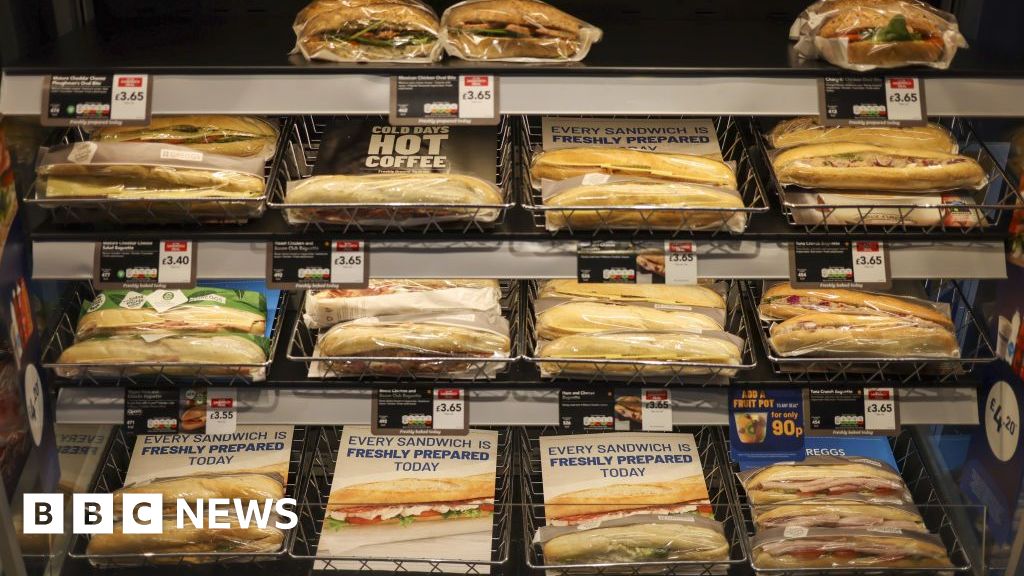Maximize Space with Small Business Self Storage Solutions for Growth

Key Takeaways
- Flexibility in Space Management: Small business self-storage provides customizable solutions that adapt to fluctuating inventory levels and seasonal demands, allowing businesses to maintain an organized workspace.
- Cost-Effective Solution: Renting a self-storage unit can be more economical than expanding office space, enabling businesses to allocate resources effectively for growth.
- Enhanced Security Features: Self-storage facilities offer advanced security measures, including surveillance and controlled access, ensuring that valuable assets remain protected.
- Strategic Location Selection: Choosing a conveniently located storage facility within a reasonable distance from your business can enhance accessibility for customers and streamline operations.
- Best Practices for Efficiency: Implementing organization techniques like shelving, clear labeling, and an inventory management system ensures optimal use of storage space and easy retrieval of items.
- Adaptability for Growth: Self-storage solutions enable small businesses to scale operations up or down as needed, supporting sustainable growth without the clutter of excess inventory on-site.
Running a small business often means juggling multiple responsibilities, and managing space can become a challenge. Whether you’re a retailer needing extra room for inventory or a contractor seeking secure storage for tools, self-storage can be a game changer. It offers flexibility and convenience, allowing you to focus on growing your business without the clutter.
With various options tailored to your specific needs, self-storage can help streamline your operations. You’ll find units that fit everything from seasonal stock to important documents, ensuring you have what you need when you need it. Discover how small business self-storage can simplify your life and boost your productivity.
Overview Of Small Business Self Storage

Small business self-storage provides a practical solution for space management. You face many challenges, from limited square footage to seasonal inventory fluctuations. Utilizing self-storage helps keep your workspace organized and focused on growth.
Self-storage facilities offer various unit sizes, ensuring you find the right fit for your specific needs. You can store excess inventory, equipment, or important documents in a secure environment. This flexibility allows you to access items when necessary without cluttering your business premises.
Benefits extend beyond just space. Cost-effectiveness is a primary advantage; renting a storage unit often costs less than increasing your office or retail space. Moreover, many facilities provide 24/7 access, enabling you to retrieve or store items at your convenience.
Consider the convenience factor as well. Many self-storage locations offer drive-up access, making loading and unloading more efficient. You also eliminate logistical challenges by choosing a facility close to your business location.
With the right self-storage solution, you can streamline your operations, maintain an organized workspace, and enhance productivity. Small business self-storage simplifies space management, creating an environment where you can thrive.
Benefits Of Small Business Self Storage

Self-storage provides vital advantages for small businesses, enhancing efficiency and supporting growth.
Cost-Effectiveness
Self-storage presents a cost-effective solution compared to traditional warehousing. You pay only for the space you need, which eliminates the burden of long-term leases and unused square footage. This expense management allows you to allocate resources towards business growth and operational improvements.
Flexibility
Self-storage offers you the flexibility to adapt to seasonal demand shifts. You can easily adjust your storage space as necessary, ensuring your workspace remains functional throughout the year. This adaptability is particularly beneficial for seasonal businesses or those experiencing rapid growth, as it allows you to manage inventory levels efficiently.
Security Features
Self-storage facilities prioritize security with robust measures like surveillance systems, access control, and secure locks. These features protect your valuable assets and sensitive information, providing peace of mind as you run your small business. Knowing your items are secure allows you to focus on other core aspects of your operations.
Choosing The Right Storage Facility

Selecting the right storage facility is crucial for your small business success. A well-planned approach considers several key factors, including location, size, and accessibility.
Location Considerations
Location impacts your storage facility’s effectiveness. Aim for areas with high population density and significant commercial or residential activity. These locations enhance visibility and make access more convenient for your customers. Ensure your facility is within a 3- to 5-mile radius of your target customer base to maximize usage. Favor locations with stable demand rather than relying solely on projections. Areas with population and job growth often sustain higher demand, making them ideal for your small business.
Size And Accessibility
Facility size and shape contribute significantly to operational efficiency and customer appeal. Opt for square or rectangular parcels to maximize rentable space and promote smooth operational flow. Wide driveways, ample parking, and easy access to units—like drive-up options—enhance customer experience. Offering various unit sizes, along with features such as climate control and secure keypad entry, accommodates diverse customer needs. These aspects can differentiate your small business in a competitive market and attract more clientele.
Best Practices For Using Small Business Self Storage

Maximizing the efficiency of your small business storage is crucial for maintaining productivity and organization. Implementing best practices helps streamline operations and keeps your workspace clutter-free.
Organization Tips
- Shelving Solutions: Invest in industrial shelving to maximize vertical space and keep items off the floor. This prevents damage and increases accessibility for inventory.
- Labeling and Tracking: Use clear labels and inventory management tools like barcodes or apps to efficiently track items. A systematic approach aids in quick retrieval and minimizes errors.
- Climate-Controlled Storage: Consider climate-controlled units for sensitive items. These units protect goods from temperature fluctuations, ensuring they remain in optimal condition.
Inventory Management
- Inventory List: Create a comprehensive inventory list categorized by type or demand cycle. This organization helps manage stock levels and reduces the likelihood of overstocking.
- FIFO Rotation: Implement a First In, First Out (FIFO) system. Use older items before newer ones to minimize waste and maintain product quality.
- Regular Cleaning and Reorganization: Schedule regular cleaning sessions to evaluate inventory and adjust storage needs. This practice keeps your storage organized and adapts to changing business demands.
Conclusion

Embracing self-storage can be a game changer for your small business. It not only helps you manage space more effectively but also allows you to focus on what really matters—growing your business. With flexible options available, you can find the perfect unit to meet your unique needs without breaking the bank.
By streamlining operations and improving organization, self-storage supports your efforts to enhance productivity and efficiency. As you navigate the challenges of running a small business, consider how the right storage solution can empower you to thrive in a competitive landscape. Make the most of your resources and create a workspace that fosters success.
Frequently Asked Questions

What challenges do small business owners face in managing space?
Small business owners often struggle with clutter, limited storage, and the need for efficient space management. These challenges can distract from growth and operational efficiency, making it vital to find solutions that streamline organization and logistics.
How can self-storage benefit small businesses?
Self-storage offers flexibility, cost-effectiveness, and convenience for small businesses. It provides additional space for inventory and important documents, allowing owners to focus on growth rather than clutter. 24/7 access and various unit sizes further enhance operational efficiency.
Why is self-storage more cost-effective than traditional warehousing?
Renting self-storage units is typically less expensive than expanding office or retail spaces. Business owners can pay only for the space they need, allowing better allocation of resources towards growth and operational improvements without unnecessary expenses.
What features should a small business consider when choosing a storage facility?
When selecting a storage facility, consider location, size, and accessibility. Look for facilities in high-traffic areas for better visibility, ensure the size accommodates your needs, and check for features like wide driveways for efficient operation.
How can small businesses maximize efficiency with their self-storage units?
Businesses can enhance efficiency by investing in industrial shelving, using clear labeling for quick retrieval, and creating an inventory list. Implementing a First In, First Out (FIFO) system helps minimize waste, while regular cleaning schedules keep storage organized.
Are there security features in self-storage facilities?
Yes, most self-storage facilities offer robust security measures. These might include surveillance cameras, secure locks, and sometimes even controlled access, ensuring that valuable assets and sensitive information are well protected.
How does self-storage help with seasonal demand shifts?
Self-storage provides the flexibility to adapt to seasonal changes by allowing businesses to store excess inventory during slower periods. This ensures that workspaces remain functional year-round and can easily accommodate fluctuations in demand.
What are the best practices for organizing a self-storage unit?
Best practices include using shelving for vertical storage, clearly labeling boxes, and maintaining a thorough inventory list. Regularly scheduled cleanings and the FIFO system help keep the unit organized and efficient for business needs.
Image Via Envato
This article, "Maximize Space with Small Business Self Storage Solutions for Growth" was first published on Small Business Trends
What's Your Reaction?
 Like
0
Like
0
 Dislike
0
Dislike
0
 Love
0
Love
0
 Funny
0
Funny
0
 Angry
0
Angry
0
 Sad
0
Sad
0
 Wow
0
Wow
0































































































